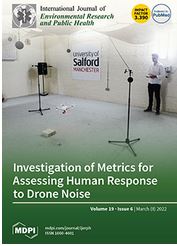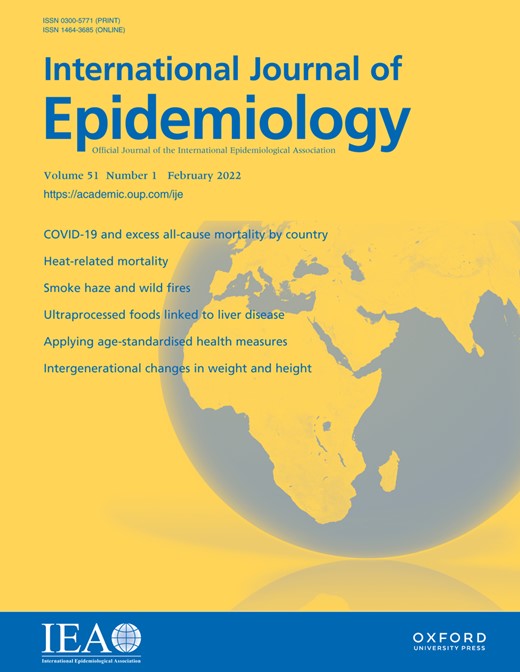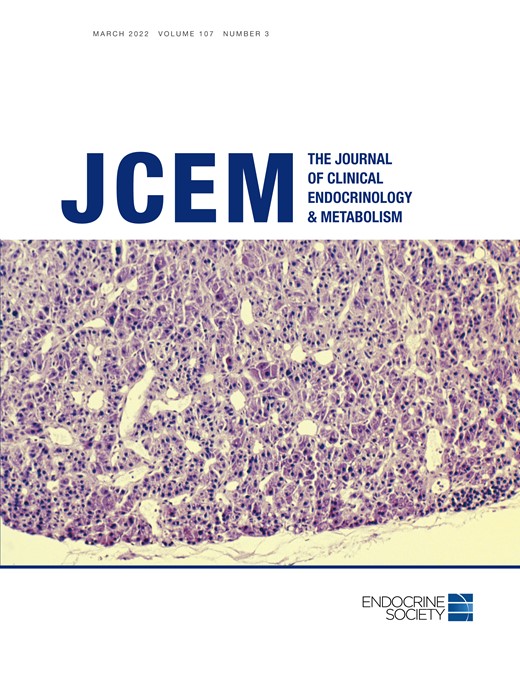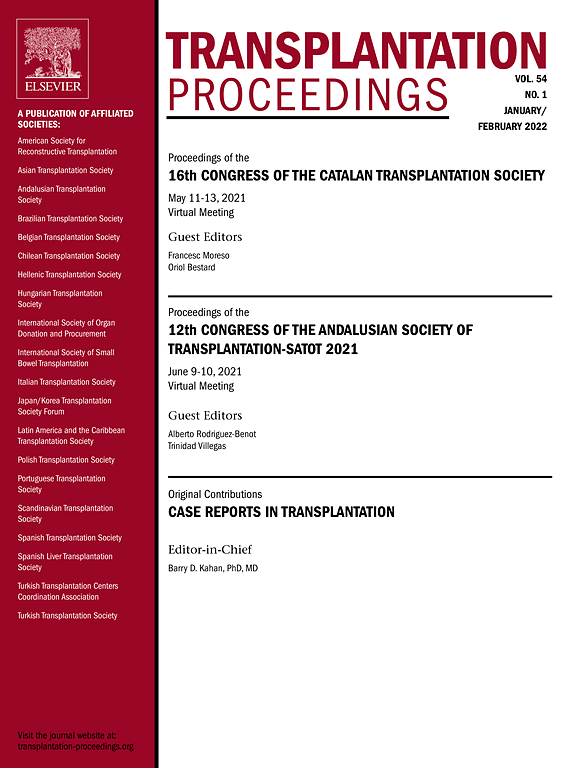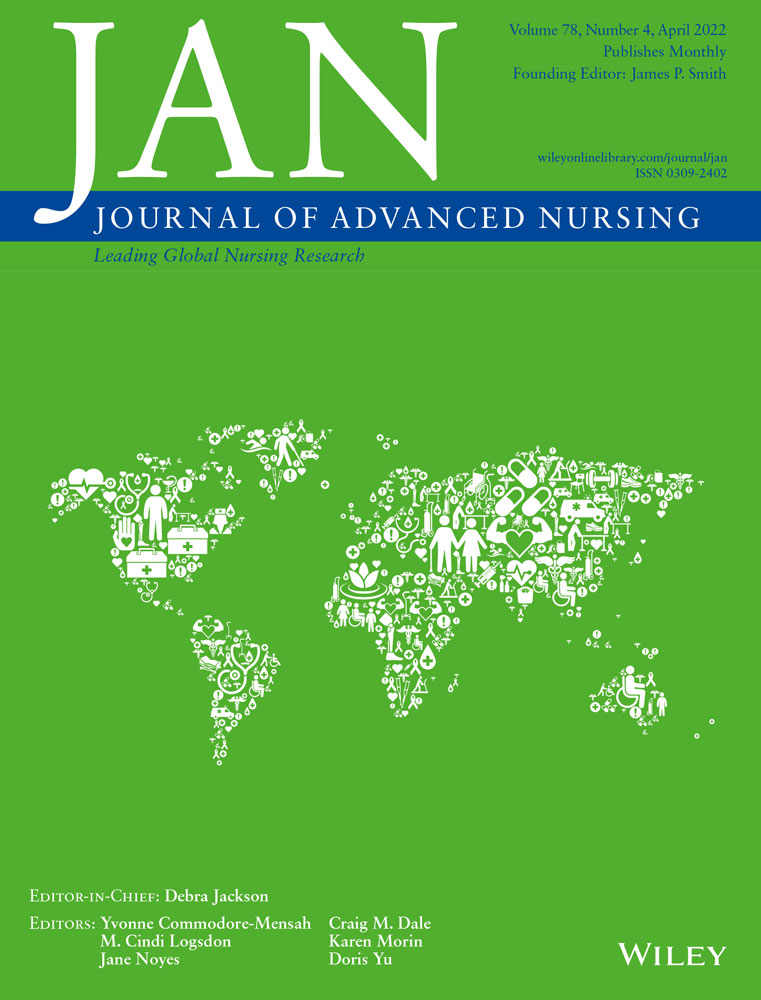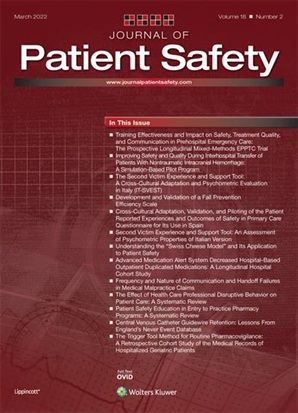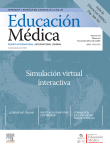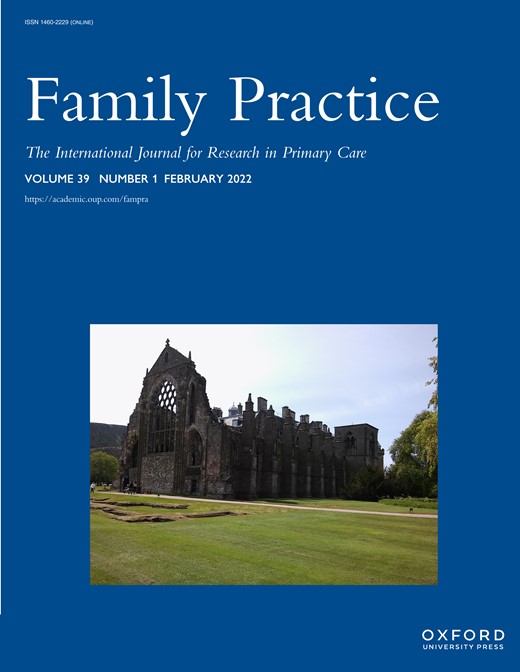Independent and Combined Association of Lifestyle Behaviours and Physical Fitness with Body Weight Status in Schoolchildren
Background: Lifestyle behaviours and physical fitness play a critical role in the development of childhood obesity. It has been demonstrated in this study that self-reported physical fitness is representative of a healthy lifestyle and thus is associated with a lower incidence of overweight/obesity. The objective of this study was to analyse the independent and combined…




